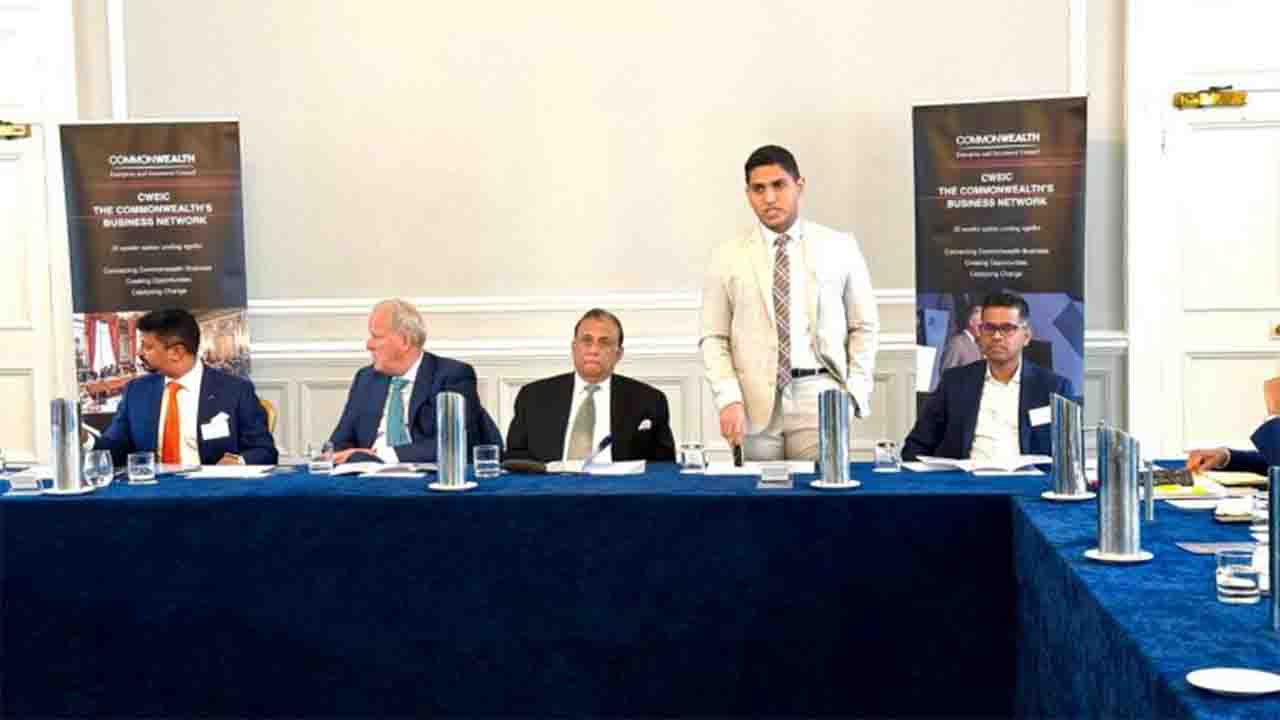By Kavinda Ratnapala
Today I got a chance to reflect upon two very different but highly interconnected pieces of literature. The first is a book I am currently reading titled Putin’s People by Catherine Belton and the second is from a podcast featuring the Iranian Democracy activist and one-time founder of the Iranian Revolutionary Guard Corps Mozhen Sasegara. The former narrative is a sprawling tail over 30 years which retraces the murky steps which preceded the Putin Presidency and the latter is a tale of woe, where one of the early liberal enablers of Ayatollah Khomeini retraces the left-wing movements hubris in believing the “old man”—Khomeini—could be controlled and used as a galvanizing force to replace the corrupt old Sha of Iran with a vision of modernity.
But alas as rare as shooting stars are, so is the actualization of the dreams of youth. In reality, the latter account is a tale of a would-be leftist puppeteer being controlled himself by the Pinocchio he willed into life, who in turn became the central character behind Iran’s Islamic Republic. In the case of Belton’s book, it is a unique take on the Faustian Bargain, where in trying to split the difference between preventing anarchy in the immediate aftermath of the fall of the USSR and simultaneously trying to realise systemic change. Deals acquiesced to with the devil more often than not do mean damnation for the soul not only of the democratic spirit but also of all those who fight in the lady’s name.
The Democratic lighthouse and first elected mayor of St. Petersburg, Anatoly Sobchak turned a blind eye to his mentee a certain Vladimir Putin and his machination surrounding the issuance of licenses which enabled, the oil-for-food and loans-for-shares programmes which bled not only the city but in time the entire Russian State to the benefit of the best-known Russian Noun in the English Language—the Oligarchs. All because law enforcement would not play ball in those early years with the still budding democratic administration. Since cleaning house while preventing anarchy is a tall order. Putin was seen at the time as a necessary conduit with whom the old guard would be willing to work. Hence for the sake of expediency and results, a deal was struck not to ask questions of the shady aforementioned oil-for-food and loans-for-shares deals.
The book shows how Putin paid a marvelous long-con in this respect, duping liberal-leaning reformers from the early years of the Russian Federation into believing that he was the real deal. He duped those reform-minded into not realizing that he was a Manchurian candidate whose loyalty lay with the old order of power and control, and not with the reform programme. In effect, Putin was ushered to the top by the very people who sort to break the back of the old guard. Boy were people mistaken!
This results in a lesson for budding reformers. Yes, it is vital to source agents of change from within the system one wishes to change if only to halt the ever-accompanying anarchy. But if real reform is to be realized, the inner workings of the system need to be understood with a clear view of the players and their motivations.
In the case of Mozhen Sasegara, consumed by the momentum of youthful hope and genuine belief that the new can see out the old, through the power of secular politics and science which should ‘obviously’ trump the old religious zealot. Was proven wrong when he realized—post imprisonment—he could not put the genie back in the lamp. The irony is while the revolutionary cassette tapes were being recorded in Paris before the revolutionary’s return. The young leftists through a combination of self-denial and actual self-censorship duped themselves into believing that Khomeini did not mean to establish an Islamic state. But in reality, the young leftists were playing 2- dimensional chess while the old cleric was playing 3- dimensional chess, out-witting the young reformers. In the end, no change was realized, The Sha of Iran was replaced by an Ayatollah of Iran. One dogma replaced by another. History is full of the mind-numbingly obvious and this instance with the help of hindsight is no different. Who would have ever thought, prior to the fact, that behind the movement to realise revolutionary change the Ayatollah was back by young secular leftists!
Revolutionary mindsets are critical to overcoming the rut of the status quo, the sole duty of which is to sustain what is and not imagine what can be. But this raises the need for a sense of proportion and a sound grounding in history to know the possible consequences of bedding those who don’t share your values. Expanding coalitions is key for democratic change but that should not mean one willingly let in intolerance or compromise on first principles as in the case of both these related tales. By failing to do so as in these two moments in time, intolerance will simply replace the dogma one wishes to topple and in doing so corrupt the soul which aims to do right.
To access the full portfolio of articles see here.
Kavinda Ratnapala, has worked in a range of Corporate and Not for Profit roles from which he ideates and writes in the Sustainability and Governance space whilst occasionally dabbling in geopolitics of interest. He holds a Master in Environment and Sustainability with a Bachelor in International Relations.
You can email the author at kavindareads@gmail.com or find him on Twitter under the handle @kavinda937 or connect on LinkedIn.
















